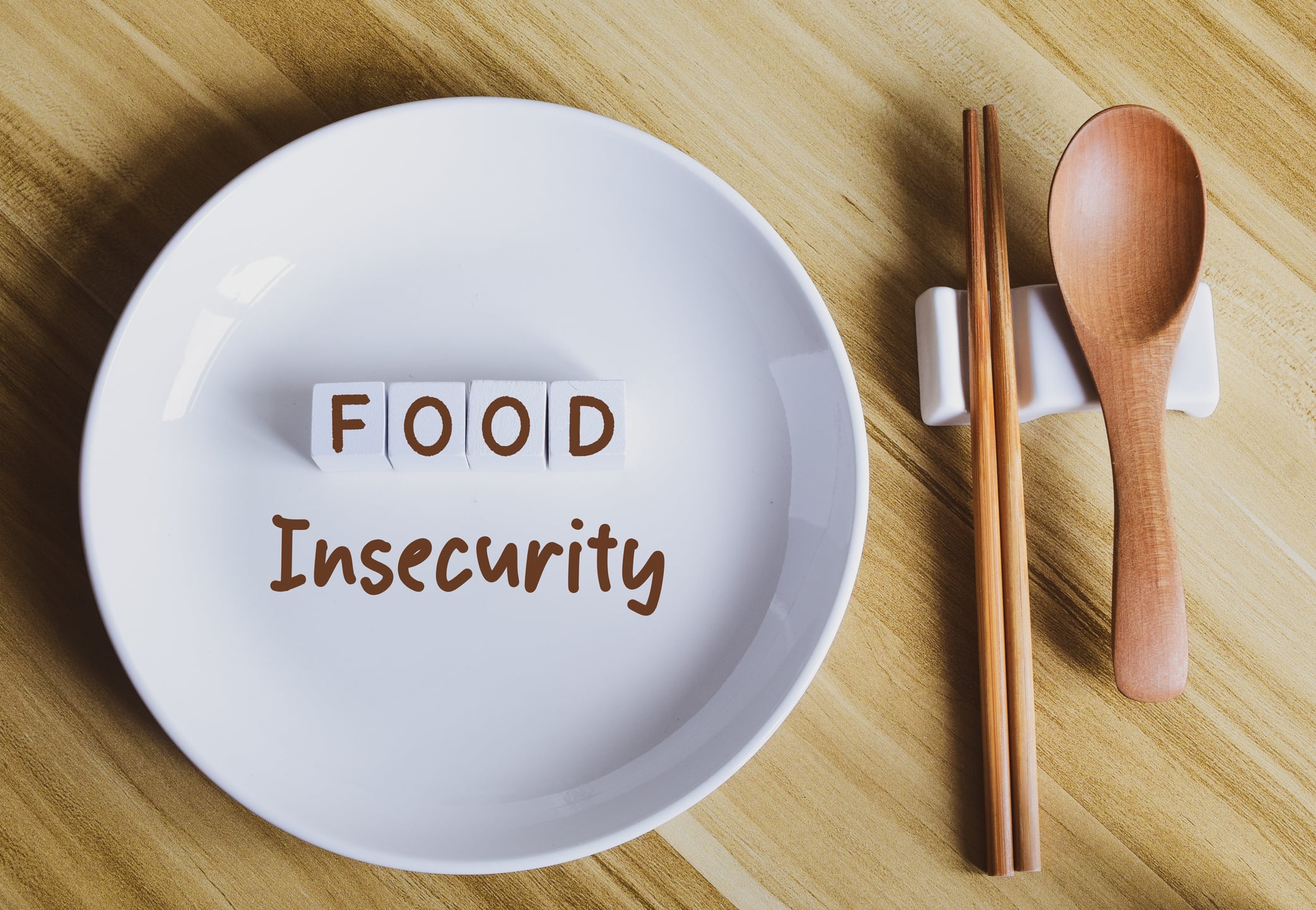
Low-fat, high-carb diets, food insecurity linked to obesity – Korea study
A new study has found a close association between low-fat, high-carbohydrate diets, food insecurity, and metabolically unhealthy obesity (MUO) among the South Korean population.
















































